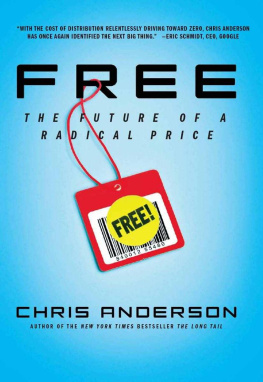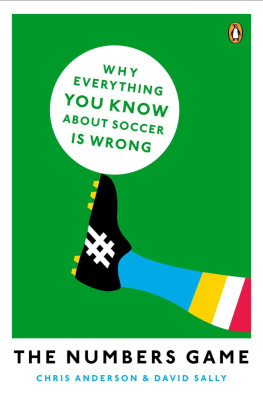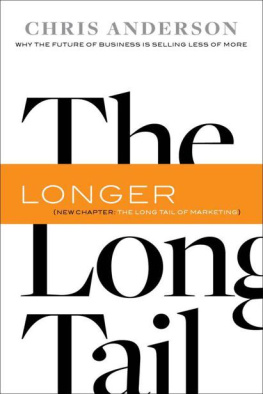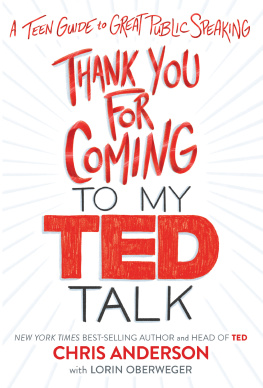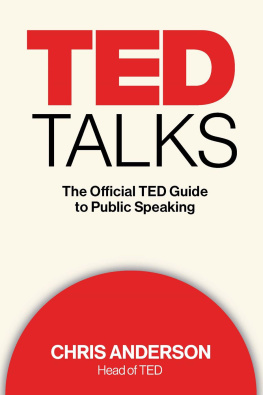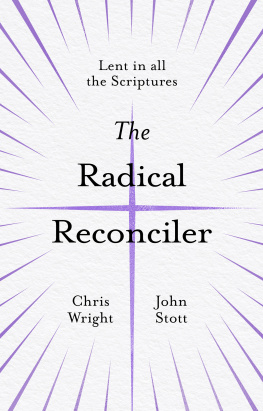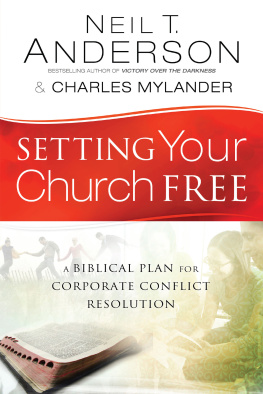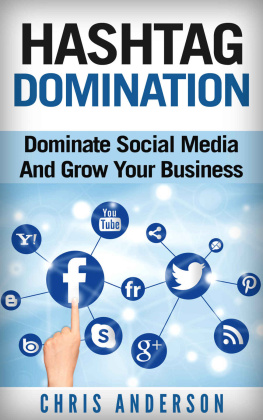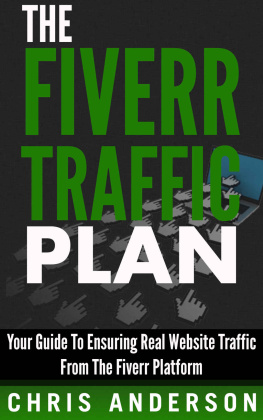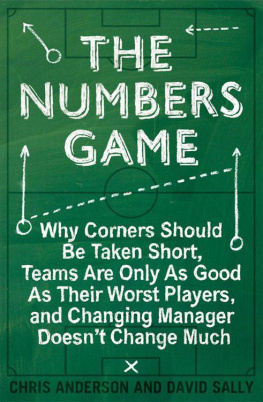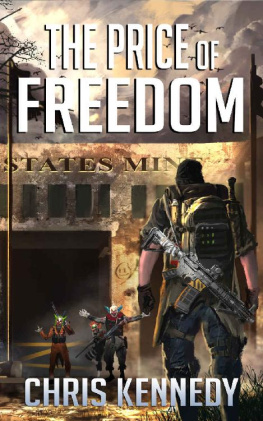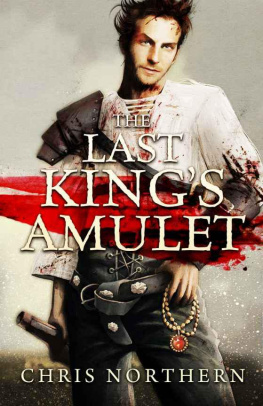Chris Anderson - Free: The Future of a Radical Price
Here you can read online Chris Anderson - Free: The Future of a Radical Price full text of the book (entire story) in english for free. Download pdf and epub, get meaning, cover and reviews about this ebook. year: 2010, publisher: Random House UK, genre: Romance novel. Description of the work, (preface) as well as reviews are available. Best literature library LitArk.com created for fans of good reading and offers a wide selection of genres:
Romance novel
Science fiction
Adventure
Detective
Science
History
Home and family
Prose
Art
Politics
Computer
Non-fiction
Religion
Business
Children
Humor
Choose a favorite category and find really read worthwhile books. Enjoy immersion in the world of imagination, feel the emotions of the characters or learn something new for yourself, make an fascinating discovery.
- Book:Free: The Future of a Radical Price
- Author:
- Publisher:Random House UK
- Genre:
- Year:2010
- Rating:5 / 5
- Favourites:Add to favourites
- Your mark:
- 100
- 1
- 2
- 3
- 4
- 5
Free: The Future of a Radical Price: summary, description and annotation
We offer to read an annotation, description, summary or preface (depends on what the author of the book "Free: The Future of a Radical Price" wrote himself). If you haven't found the necessary information about the book — write in the comments, we will try to find it.
Free: The Future of a Radical Price — read online for free the complete book (whole text) full work
Below is the text of the book, divided by pages. System saving the place of the last page read, allows you to conveniently read the book "Free: The Future of a Radical Price" online for free, without having to search again every time where you left off. Put a bookmark, and you can go to the page where you finished reading at any time.
Font size:
Interval:
Bookmark:
The Future of a Radical Price

To Anne
The Birth of Free
Free 101
A Short Course on a Most Misunderstood WordThe History of Free
Zero, Lunch, and the Enemies of CapitalismThe Psychology of Free
It Feels Good. Too Good?Too Cheap to Matter
The Webs Lesson: When Something Halves in Price Each Year, Zero Is InevitableInformation Wants to be Free
The History of a Phrase That Defined the Digital AgeCompeting with Free
Microsoft Learned How to Do It Over Decades, but Yahoo Had Just MonthsDe-Monetization
Google and the Birth of a Twenty-First-Century Economic ModelThe New Media Models
Free Media Is Nothing New. What Is New Is the Expansion of That Model to Everything Else Online.How Big is the Free Economy?
Theres More to It Than Just Dollars and CentsEcon 000
How a Century-old Joke Became the Law of Digital EconomicsNonmonetary Economies
Where Money Doesnt Rule, What Does?Waste Is (Sometimes) Good
The Best Way to Exploit Abundance Is to Relinquish ControlFree World
China and Brazil Are the Frontiers of Free. What Can We Learn from Them?Imagining Abundance
Thought Experiments in Post-Scarcity Societies, from Science Fiction to ReligionYou Get What You Pay For
And Other Doubts About FreeIN NOVEMBER 2008, the Surviving members of the original monty python team, stunned by the extent of digital piracy of their videos, issued a very stern announcement on YouTube:
For 3 years you YouTubers have been ripping us off, taking tens of thousands of our videos and putting them on YouTube. Now the tables are turned. Its time for us to take matters into our own hands.
We know who you are, we know where you live and we could come after you in ways too horrible to tell. But being the extraordinarily nice chaps we are, weve figured a better way to get our own back: Weve launched our own Monty Python channel on YouTube.
No more of those crap quality videos youve been posting. Were giving you the real thinghigh quality videos delivered straight from our vault. Whats more, were taking our most viewed clips and uploading brand new high quality versions. And whats even more, were letting you see absolutely everything for free. So there!
But we want something in return.
None of your driveling, mindless comments. Instead, we want you to click on the links, buy our movies & TV shows and soften our pain and disgust at being ripped off all these years.
Three months later, the results of this rash experiment with free were in. Monty Pythons DVDs had climbed to No. 2 on Amazons Movies and TV best-sellers list, with increased sales of 23,000 percent.
So there!
Free worked, and worked brilliantly. More than 2 million people watched the clips on YouTube as word of mouth spread and parents introduced their children to the Black Knight and the Dead Parrot Sketch. Thousands of viewers were reminded how much they loved Monty Python and wanted more, so they ordered the DVDs. Response videos, mashups, and remixes spread, and a new generation learned the proper meaning of Killer Rabbit. And all this cost Monty Python essentially nothing, since YouTube paid all the bandwidth and storage costs, such as they were.
Whats surprising about this example is how unsurprising it is. There are countless other cases just like this online, where pretty much everything is given away for free in some version with the hopes of selling something elseor, even more frequently, with no expectation of pay at all.
Im typing these words on a $250 netbook computer, which is the fastest growing new category of laptop. The operating system happens to be a version of free Linux, although it doesnt matter since I dont run any programs but the free Firefox Web browser. Im not using Microsoft Word, but rather free Google Docs, which has the advantage of making my drafts available to me wherever I am, and I dont have to worry about backing them up since Google takes care of that for me. Everything else I do on this computer is free, from my email to my Twitter feeds. Even the wireless access is free, thanks to the coffee shop Im sitting in.
And yet Google is one of the most profitable companies in America, the Linux ecosystem is a $30 billion industry, and the coffee shop seems to be selling $3 lattes as fast as they can make them.
Therein lies the paradox of Free: People are making lots of money charging nothing. Not nothing for everything, but nothing for enough that we have essentially created an economy as big as a good-sized country around the price of $0.00. How did this happen and where is it going?
Thats the central question of this book.
For me, it started with a loose end in The Long Tail . My first book was about the new shape of consumer demand, when everything is available and we can choose from the infinite aisle rather than just the best-seller bin. The abundant marketplace of the Long Tail was enabled by the unlimited shelf space of the Internet, which is the first distribution system in history that is as well suited for the niche as for the mass, for the obscure as well as the mainstream. The result was the birth of a wildly diverse new culture and a threat to the institutions of the existing one, from mainstream media to music labels.
Theres only one way you can have unlimited shelf space: if that shelf space costs nothing. The near-zero marginal costs of digital distribution (that is, the additional cost of sending out another copy beyond the fixed costs of the required hardware with which to do it) allow us to be indiscriminate in what we use it forno gatekeepers are required to decide if something deserves global reach or not. And out of that free-for-all came the miracle of todays Web, the greatest accumulation of human knowledge, experience, and expression the world has ever seen. So thats what free shelf space can do. As I marveled over the consequences, I started thinking more about free, and realized just how far it had spread. It didnt just explain the explosion of variety online, it defined the pricing there, too. Whats more, this free wasnt just a marketing gimmick like the free samples and prizes inside that were used to in traditional retail. This free seemed to have no strings attached: It wasnt just a lure for a future sale, but genuinely gratis. Most of us depend on one or more Google services every day, but they never show up on our credit card. No meter ticks as you use Facebook. Wikipedia costs you nothing.
Twenty-first-century free is different from twentieth-century free. Somewhere in the transition from atoms to bits, a phenomenon that we thought we understood was transformed. free became free.
Surely economics must have something to say about this, I thought. But I couldnt find anything. No theories of gratis, or pricing models that went to zero. (In fairness, some do exist, as later research would reveal. But they were mostly obscure academic discussions of two-sided markets and, as well see in the economics chapter, nearly forgotten theories from the nineteenth century.) Somehow an economy had emerged around free before the economic model that could describe it.
Thus this book, an exploration of a concept that is in the midst of radical evolution. As I came to learn, free is both a familiar concept and a deeply mysterious one. It is as powerful as it is misunderstood. The free that emerged over the past decade is different from the free that came before, but how and why are rarely explored. Whats more, todays free is full of apparent contradictions: You can make money giving things away. There really is A free lunch. Sometimes you get more than you pay for.
Font size:
Interval:
Bookmark:
Similar books «Free: The Future of a Radical Price»
Look at similar books to Free: The Future of a Radical Price. We have selected literature similar in name and meaning in the hope of providing readers with more options to find new, interesting, not yet read works.
Discussion, reviews of the book Free: The Future of a Radical Price and just readers' own opinions. Leave your comments, write what you think about the work, its meaning or the main characters. Specify what exactly you liked and what you didn't like, and why you think so.

